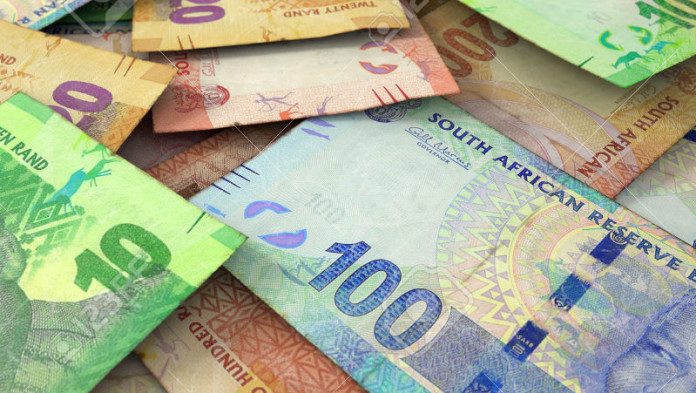
KUMBA Iron Ore completed another important stride in derisking its business agreeing to a R2.5bn tax dispute with the South African Revenue Service (SARS).
The dispute related to Kumba’s 76.3%-owned Sishen Iron Ore Company which had R5.5bn in unpaid tax, interest and penalties from its 2006 to 2010 financial years, according to SARS, and a further R1bn for 2011 tax year.
The agreement with SARS also takes care of any potential tax liability for Kumba’s financial years up to 2015 and therefore allows the Anglo American company to put fiscal cares behind it.
“I am pleased that we have reached this important settlement with SARS, providing clarity for all and enabling us to focus our efforts on ensuring that Kumba continues to operate at the optimal level,” said Themba Mkhwanazi, CEO of Kumba.
Shares in the company were off 4% in early trade on the Johannesburg Stock Exchange but on a 12-month basis, the market value of the firm has increased five times.
Kumba has enjoyed a remarkable comeback in the last year following a hefty R6bn write-down, a restructuring of some 4,000 souls, and absorbing the news that it was not a core Anglo asset and would be sold. Anglo owns 70% of Kumba.
Those series of events was largely informed by the iron ore price which slumped to around $40/t following highs of $140/t in previous years. The price of the mineral has since recovered to above $80/t.
Kumba said in a trading statement on January 25 that full-year headline earnings would increase as much as 132% year-on-year, raising hopes for the reinstatement of the dividend which had been suspended in July 2015.
“The increase in earnings is largely attributable to the increase in export iron ore prices, as well as the impairment charge of R5.98bn that was included in basic earnings but excluded from headline earnings in the comparative period,” the company said in the trading statement.
Commenting today on the settlement with SARS, Kumba said that it had already provided R1.5bn for the tax liability in its previous financial year and would recognise another R1bn for the SARS payment, to be executed in the first quarter.











